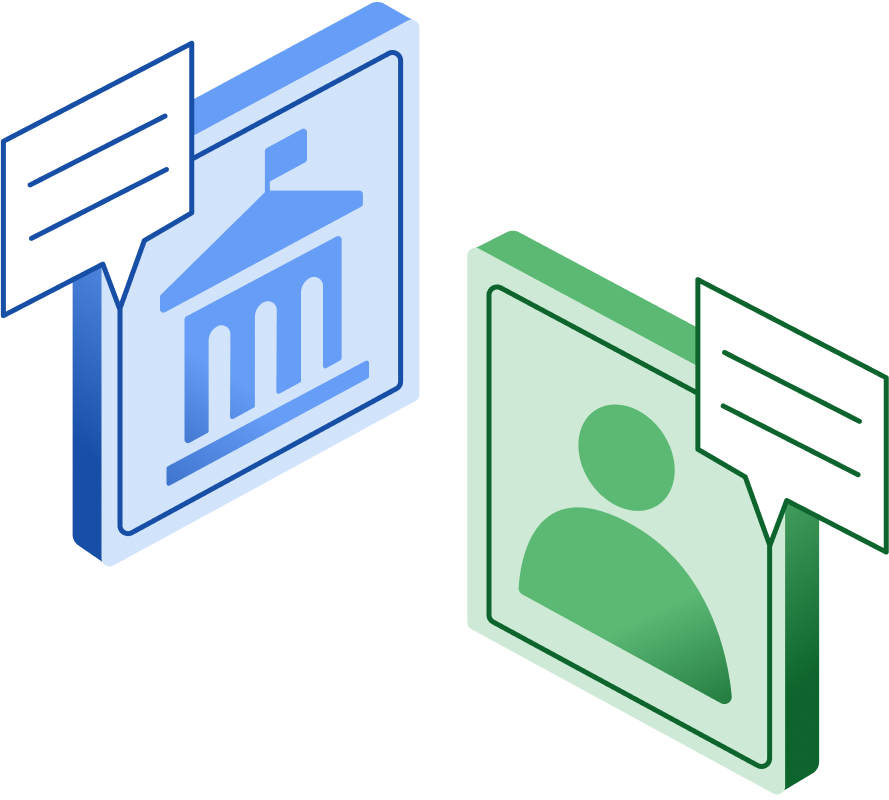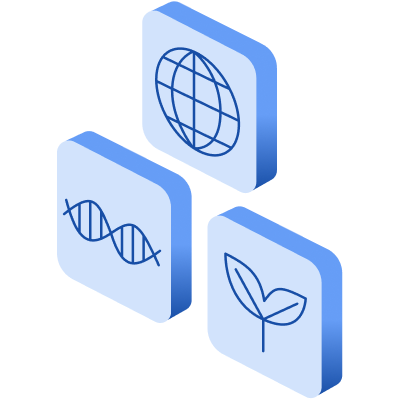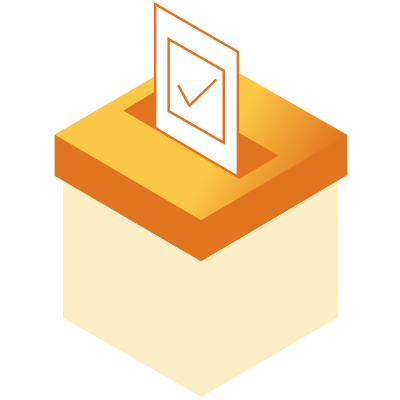A Collaborative Approach to AI Governance
Overview
AI is too important not to regulate, and too important not to regulate well.
Policymakers from Brussels to Washington, DC to California to the United Nations are all proposing new governance frameworks for how AI can be developed and deployed within specific countries and even specific states. The governance decisions we make today about how to develop, deploy, use, or limit AI will have an impact on how our communities and economies function for generations. To ensure the opportunities of AI are widely accessible to all, government, industry, and civil society need to work together to build expertise, share learnings, and advance solutions.
Digital Futures Project with support from Google.org
As part of the Digital Futures Project, Google.org established a fund to provide grants to leading think tanks and academic institutions around the world to facilitate dialogue and inquiry into this important technology. Researchers' views are independent and intended to advance public understanding of these issues. Google does not endorse any specific proposals or recommendations.
As global regulatory debates continue to unfold, researchers are working to shed light on two big governance challenges facing policymakers:
- How to regulate AI in a way that keeps pace with the evolution of the technology; and
- How to effectively govern a foundational technology like AI in which oversight spans a network of governments, regulatory and multistakeholder bodies around the globe.
In our opinion, none of the existing initiatives can address the challenges of maximizing the opportunities of AI while identifying and minimizing the risks alone… especially where there is still much to learn about AI. Understanding risks and putting shared principles into practice will require thoughtful implementation through myriad use cases.
— Cameron F. Kerry, Joshua P. Meltzer, Andrea Renda, and Andrew W. Wyckoff, Brookings Institution.
The importance of regulations that can keep pace with AI’s evolution
Effective AI governing models require a different approach to regulation - one that can keep pace with the rate at which the technology changes. To ensure the continued safe integration of AI, governance frameworks and approaches must be flexible; and policymakers and leaders must be proactive in updating these frameworks as the technology continues to evolve.
The challenges that AI presents are too multifaceted, the relevant actors too varied, and the geopolitical situation too complicated for any one global body to tackle by itself.
— Emma Klein and Stewart Patrick, Carnegie Endowment for International Peace.
The benefits of a decentralized AI governing model
AI’s foundational nature touches nearly every industry and sector, making it difficult for a single governing body to have authority over the technology. Researchers have identified the need for regulatory harmonization and common standards across jurisdictions as part of a broader approach to governance.




















